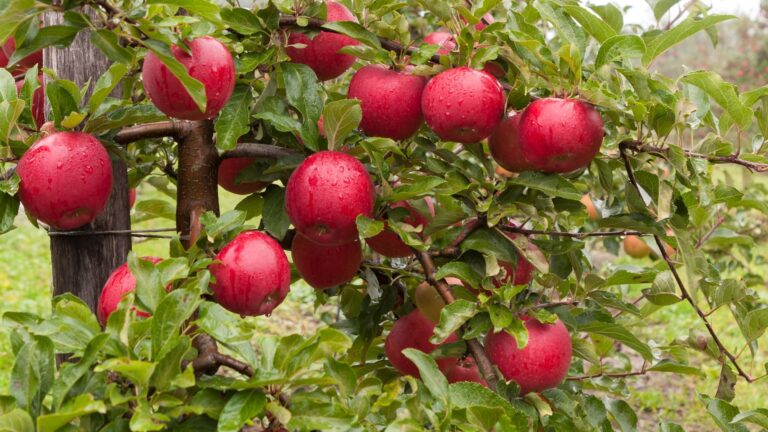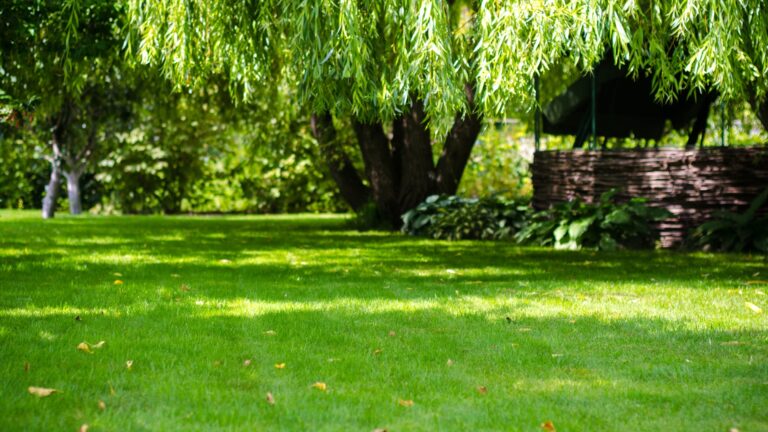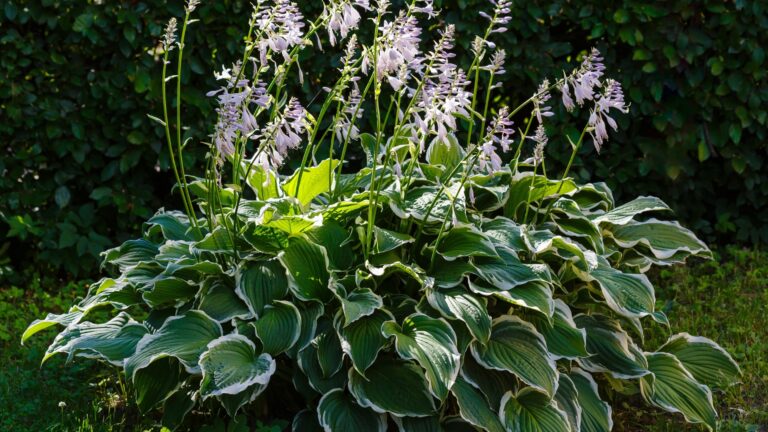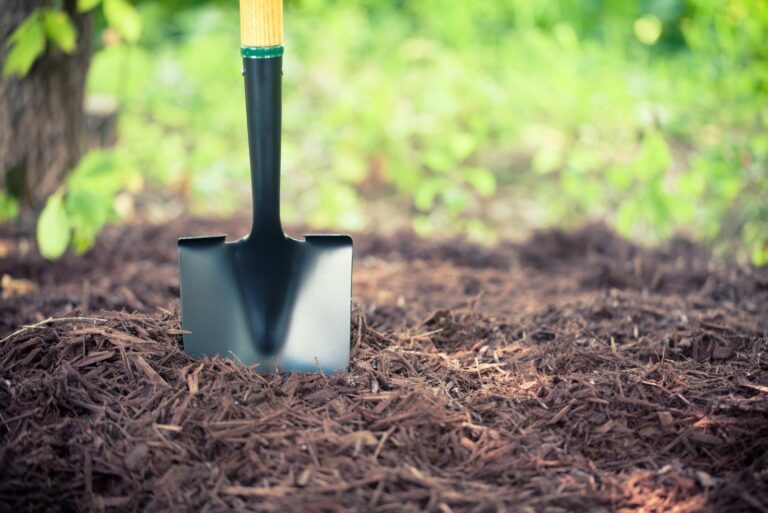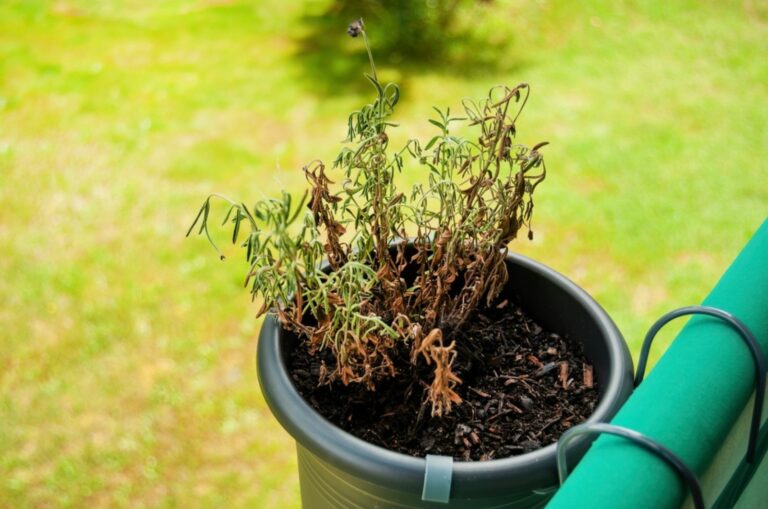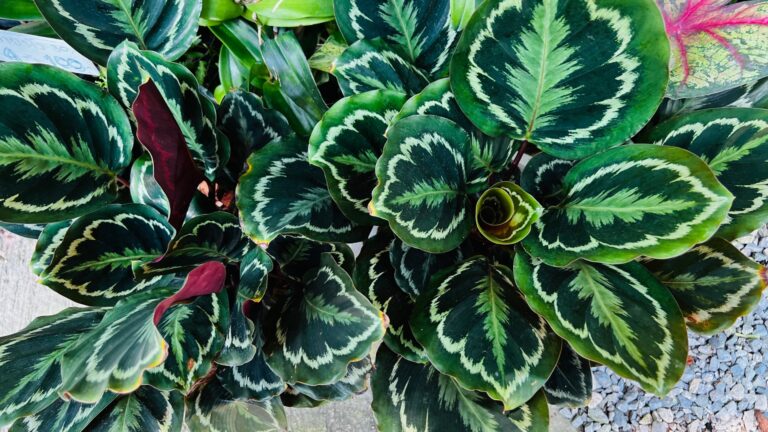Reasons Why You Should Think Twice Before Kicking Raccoons Out Of Your Georgia Yard
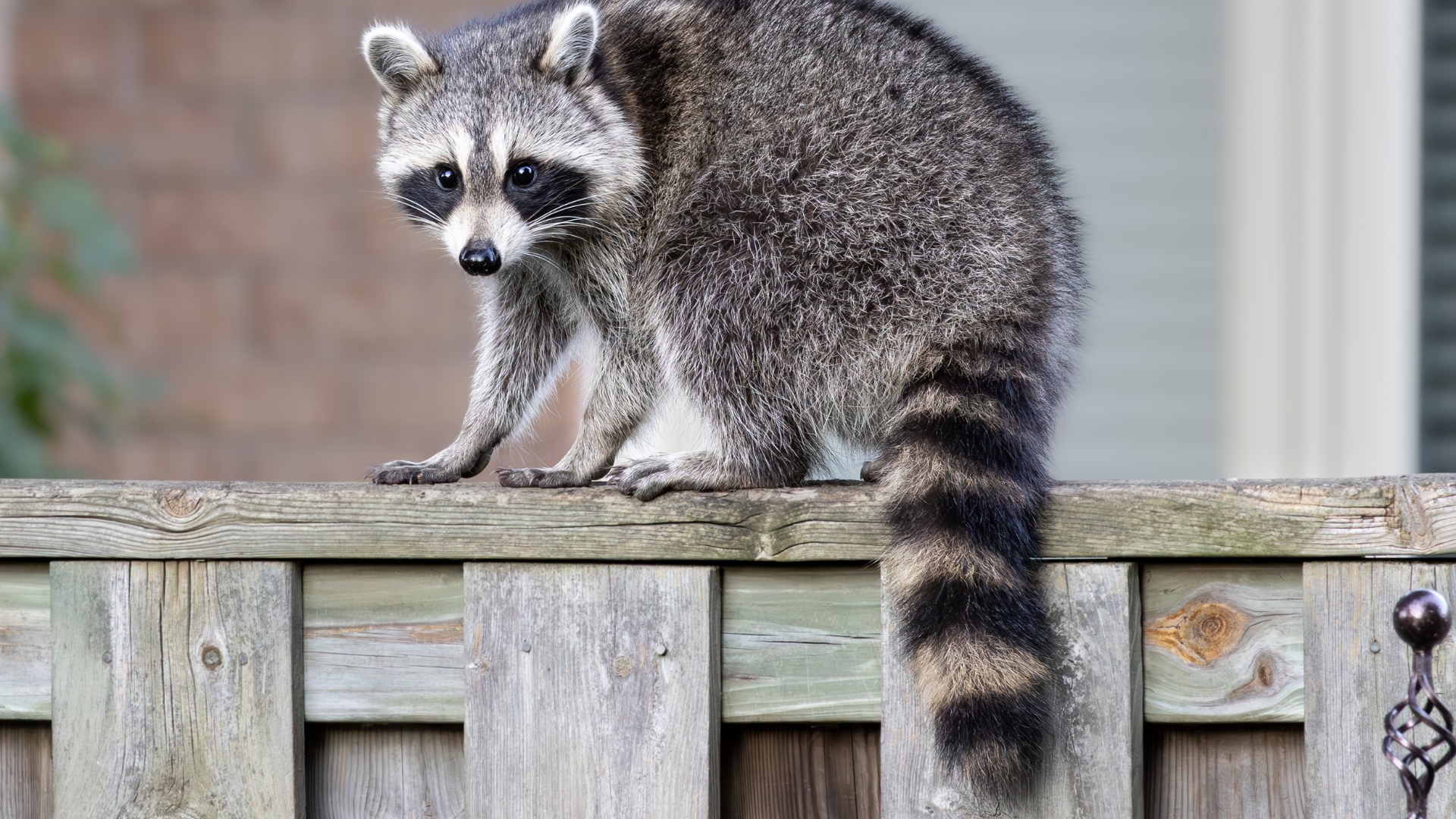
Raccoons showing up in your Georgia yard might feel like a problem waiting to happen, but maybe it’s time to pause before rushing to kick them out.
These masked visitors are smarter and sneakier than you think—and sometimes, they actually help more than they bother. I’ve learned to see them as part of the backyard story, not just pests to chase away.
Sure, they can be a handful, but they also keep things balanced in ways you might not expect. Let’s chat about why giving them a little space could actually be a smart move!
1. Natural Pest Control
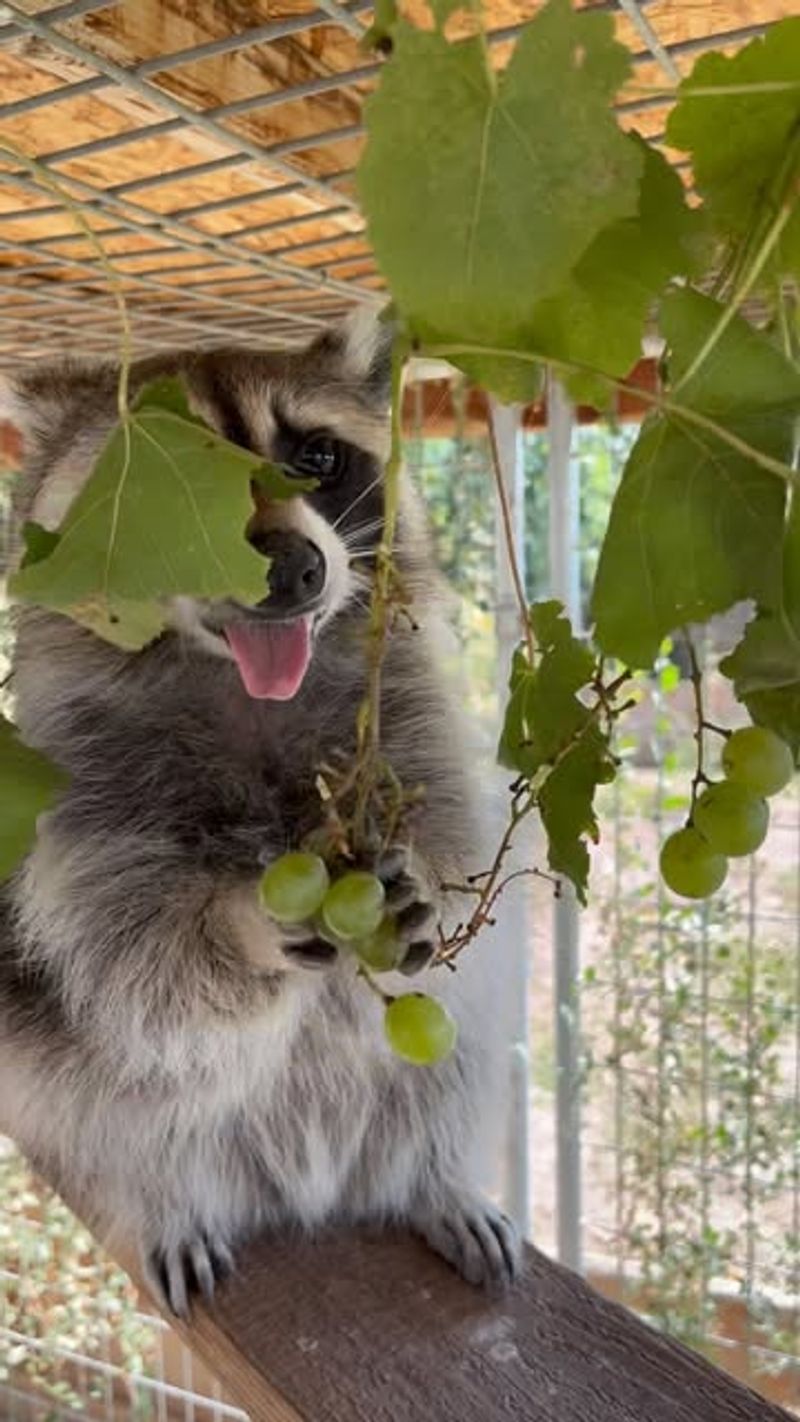
Raccoons feast on insects, grubs, and other garden pests that damage your plants. Throughout Georgia’s warm seasons, one family of raccoons can devour thousands of destructive beetles, worms, and larvae.
Your garden might actually thrive better with these nocturnal helpers around! Many Georgia gardeners notice fewer pest problems in areas where raccoons regularly forage.
2. Seed Dispersal Experts
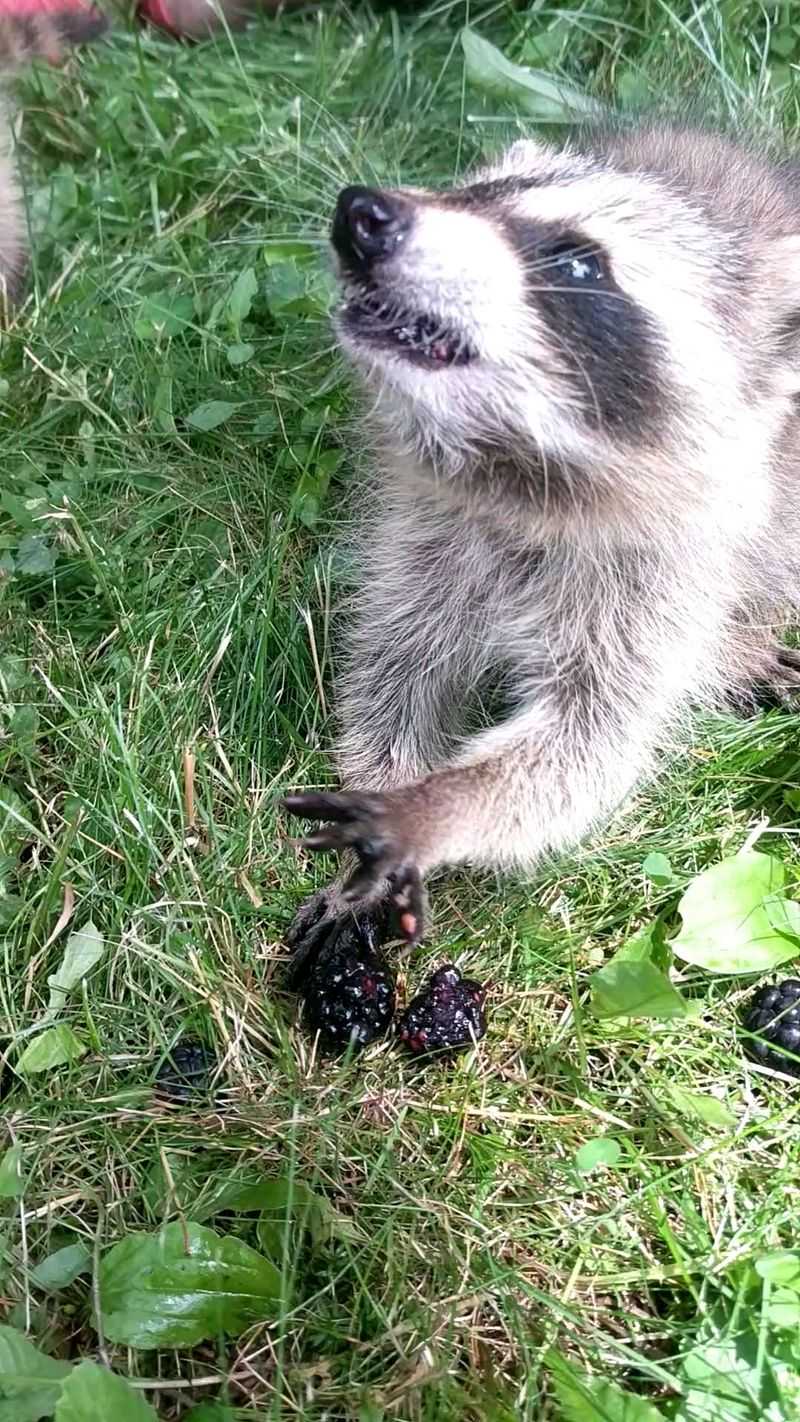
Ever notice wild berries popping up in unexpected places? Thank a raccoon! These critters eat fruits and berries, then travel miles across Georgia landscapes, dispersing seeds through their droppings.
This natural planting service helps maintain diverse plant communities throughout the state. Native Georgia plants like blackberries and persimmons particularly benefit from raccoon distribution.
3. Soil Aeration
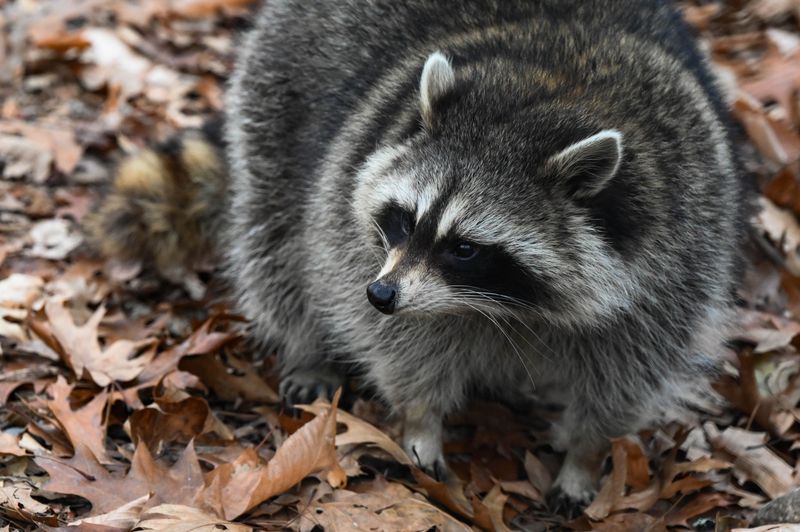
Those little paw prints and digging spots aren’t just random destruction. Raccoons naturally aerate your soil while searching for grubs and worms, creating tiny channels for water and oxygen to penetrate deeper.
Georgia’s clay-heavy soils particularly benefit from this natural cultivation. Many yards across the Peach State show improved drainage in areas where raccoons regularly forage.
4. Wetland Protectors
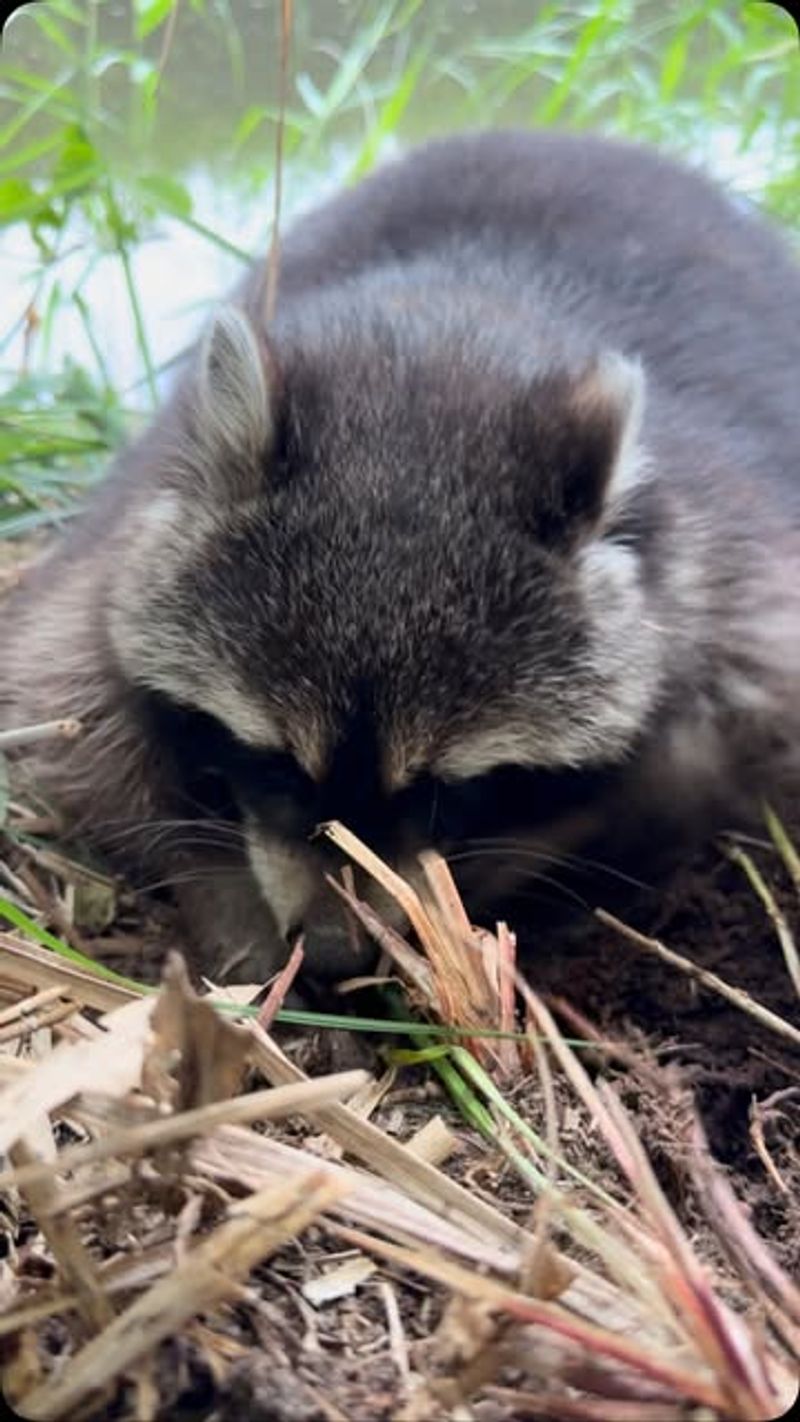
Raccoons play a crucial role in Georgia’s numerous wetland ecosystems by controlling populations of small aquatic creatures. Their selective feeding helps maintain balanced wetland communities throughout the state.
If you live near water in Georgia, raccoons help preserve these delicate ecosystems. They’re particularly active in coastal areas and along the state’s many rivers and streams.
5. Food Chain Stabilizers
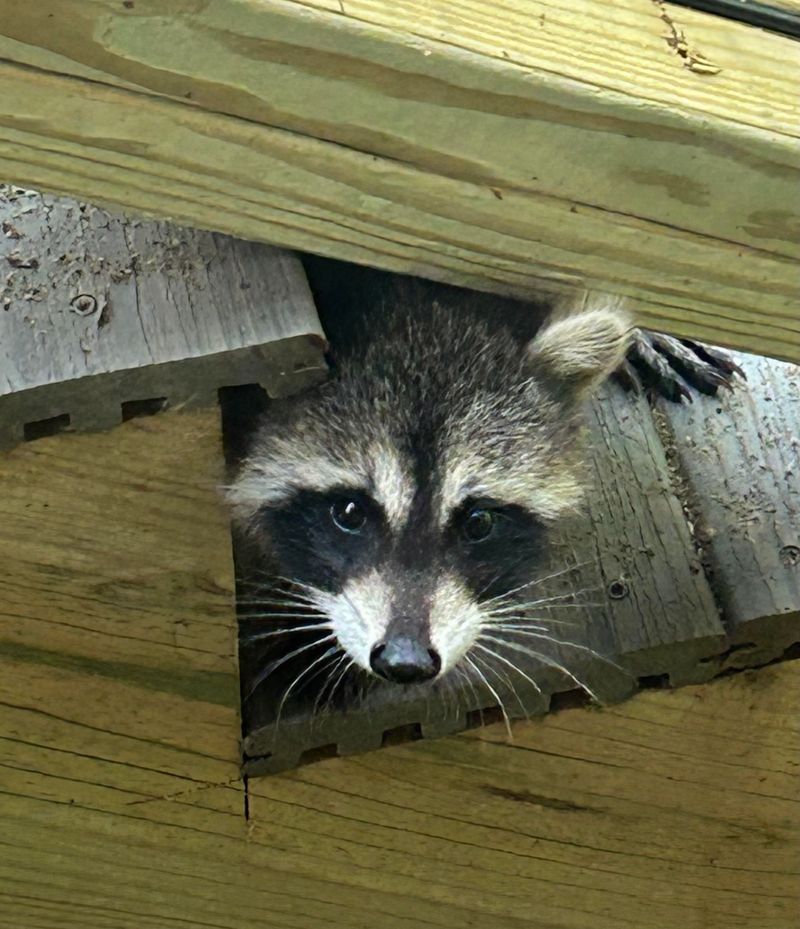
As omnivores, raccoons occupy a middle position in Georgia’s food web. They serve as prey for larger predators like coyotes and hawks while controlling populations of smaller creatures they consume.
Removing raccoons can trigger unexpected ecological consequences across Georgia ecosystems. Their presence helps maintain the delicate balance that keeps our state’s wildlife diverse and healthy.
6. Nature’s Cleanup Crew
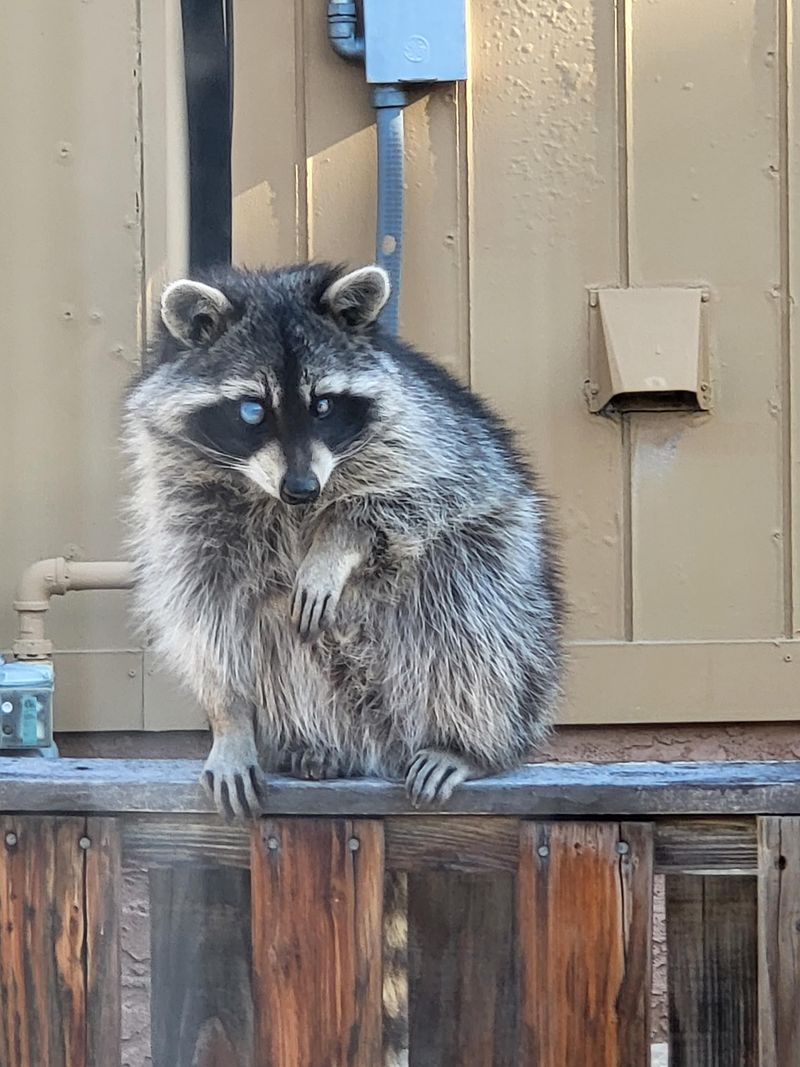
Dead animals and rotting plant material don’t stick around long when raccoons are present. These efficient scavengers help clean up carrion and decaying matter that would otherwise attract flies and spread disease.
Georgia’s warm climate makes this cleanup service especially valuable. Throughout the state, raccoons work tirelessly as nature’s sanitation workers, particularly after storms or during seasonal changes.
7. Wildlife Education Opportunities
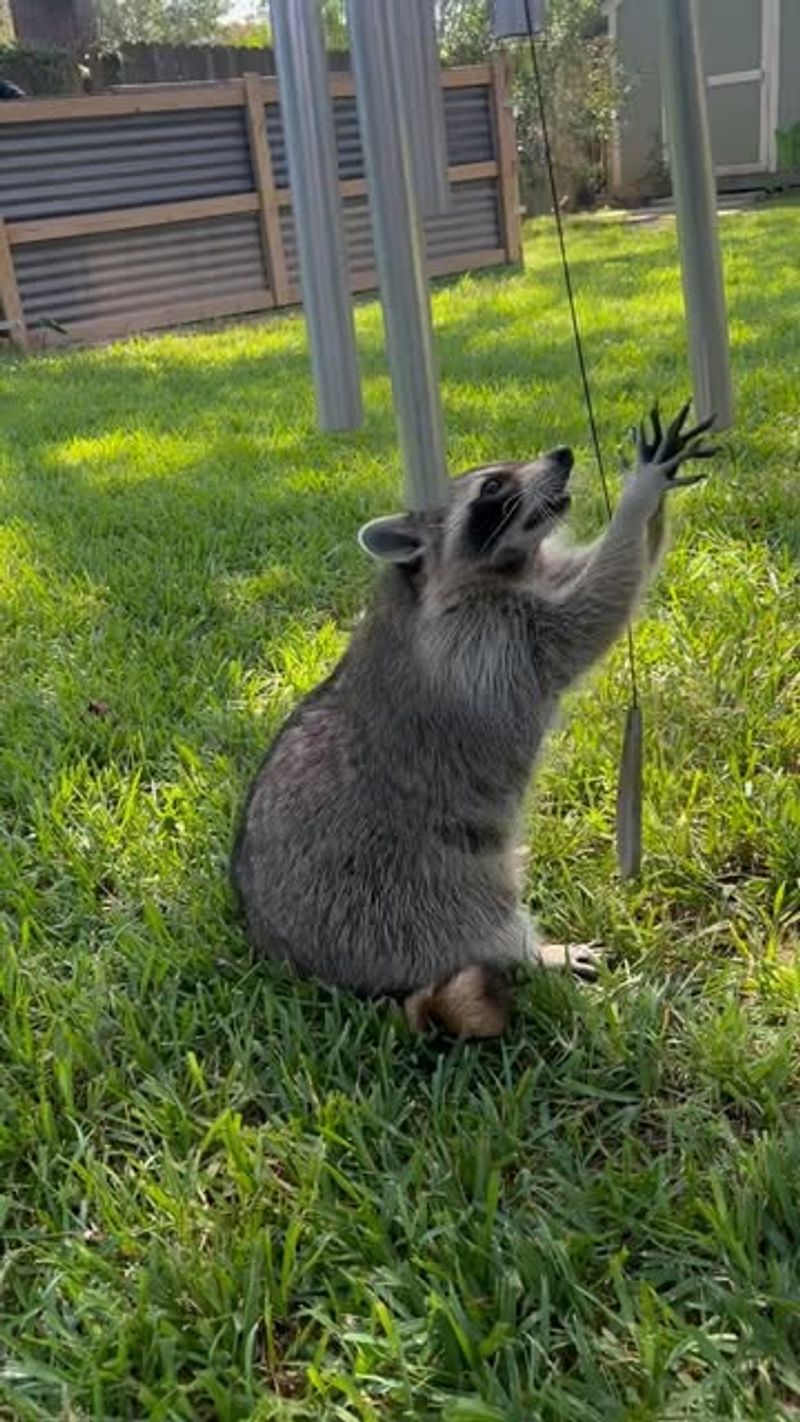
Having raccoons visit offers amazing learning moments for kids! Observing these intelligent creatures teaches children about local wildlife, adaptation, and respect for nature right in your Georgia backyard.
Many Georgia families bond over watching raccoon antics from a safe distance. These encounters spark curiosity about nature and often inspire children to learn more about local wildlife conservation.
8. Natural Behavior Research
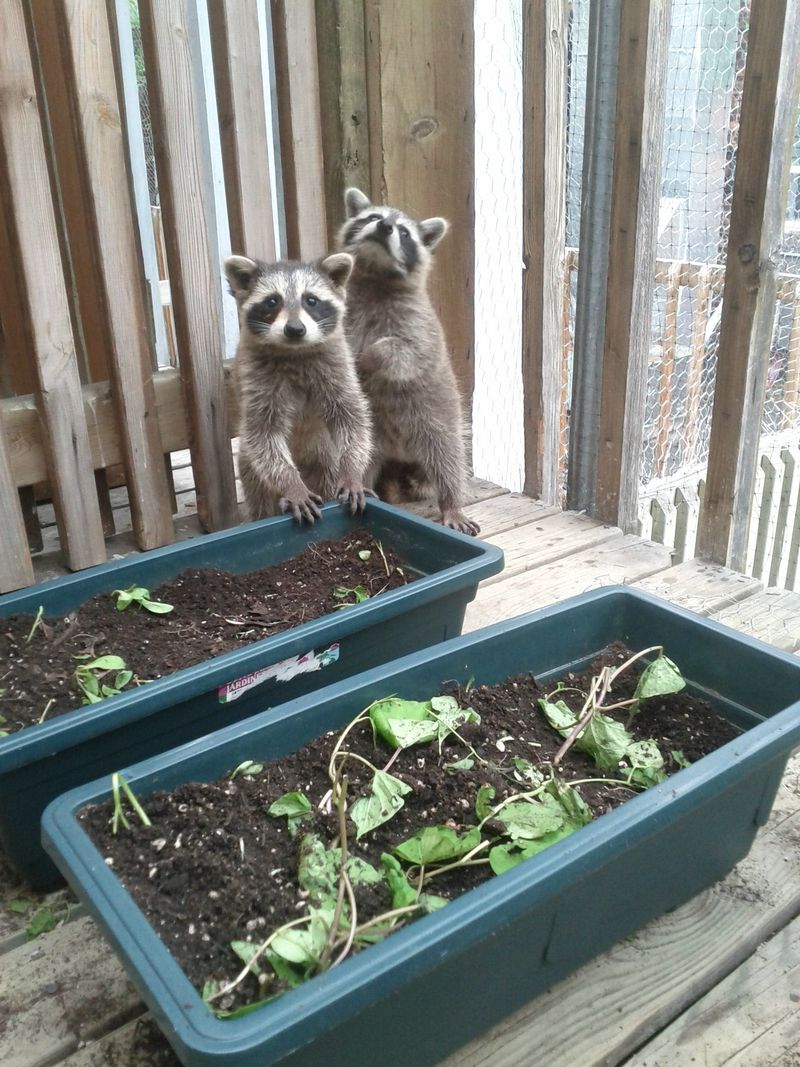
Scientists studying urban wildlife value observations from homeowners who coexist with raccoons. Your Georgia yard could contribute valuable data to research about how these adaptable animals adjust to human environments.
Several Georgia universities actively study raccoon behavior patterns across the state. By tolerating and documenting raccoon visits, you’re potentially helping advance scientific understanding of these clever mammals.
9. Tick Population Control
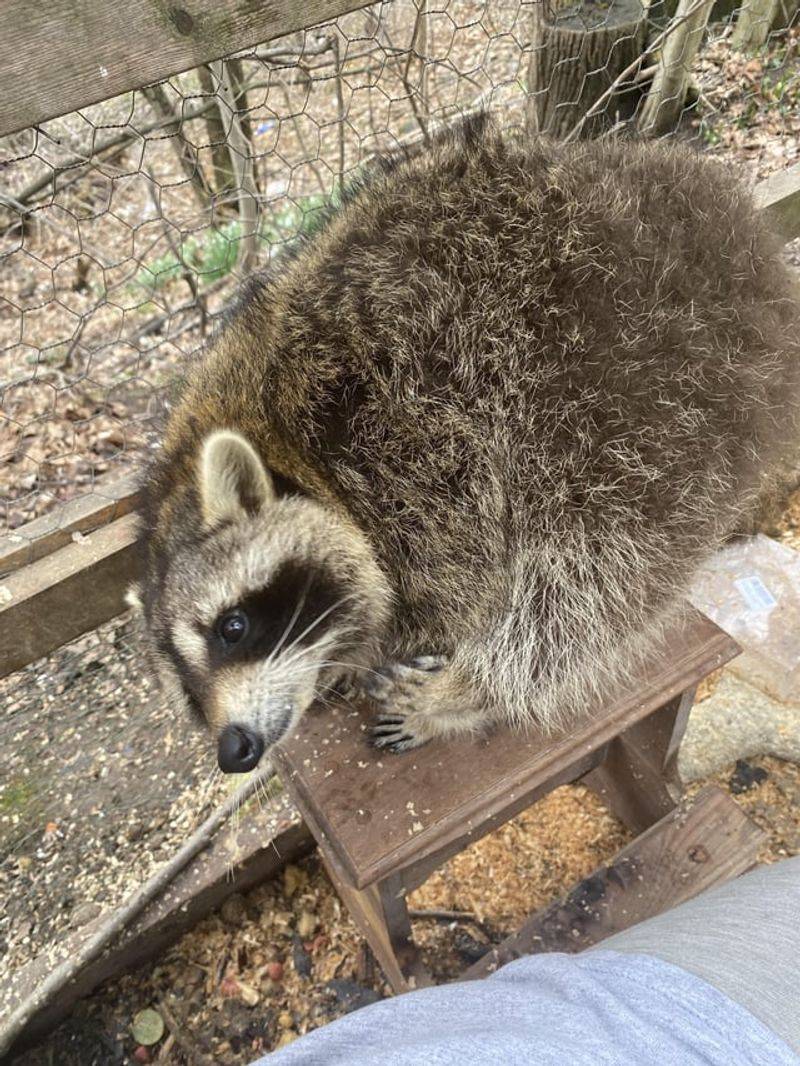
Raccoons have a taste for ticks! They groom themselves frequently and consume these troublesome parasites in the process, potentially reducing tick populations around your property.
Georgia’s mild climate makes ticks a year-round concern in many parts of the state. Having raccoons around might mean fewer ticks trying to hitch a ride on you or your pets during outdoor activities.
10. Tree Health Indicators
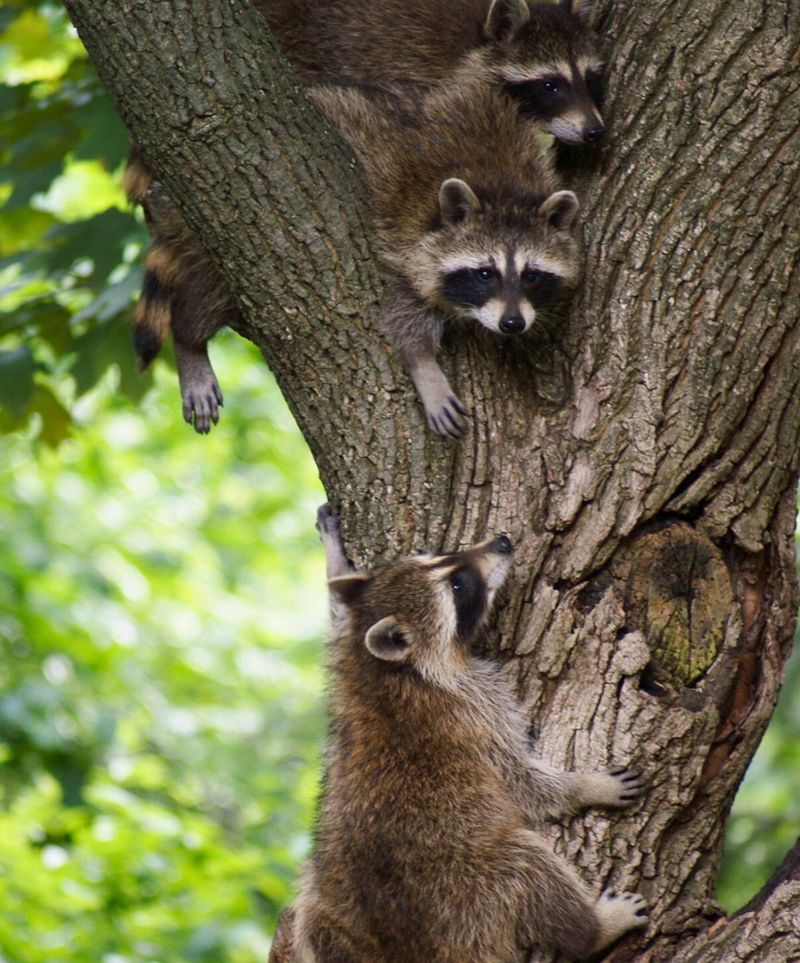
Raccoons are naturally drawn to hollow or diseased trees, which they use for denning. If you notice raccoons frequenting certain trees in your Georgia yard, it might indicate those trees need attention.
This natural early warning system has helped many Georgia homeowners identify problematic trees before they become hazardous. Raccoon activity often reveals hidden tree issues that might otherwise go unnoticed.
11. Entertainment Value
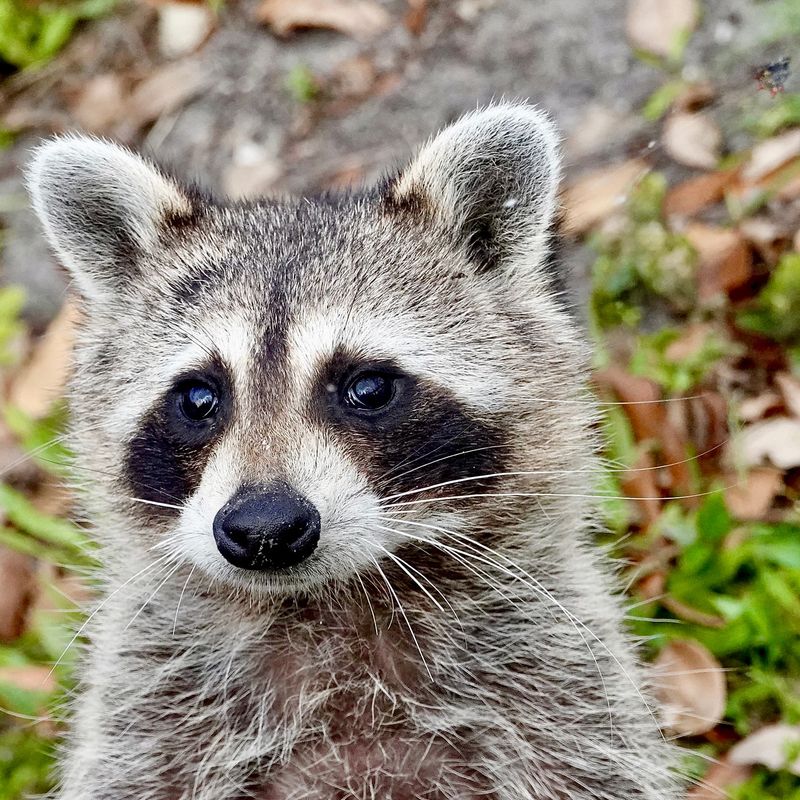
Few backyard visitors provide as much entertainment as raccoons! Their dexterous paws, expressive faces, and problem-solving abilities make them fascinating to watch as they navigate your Georgia landscape.
Many Georgia homeowners report finding joy in observing these clever creatures. Their antics often become favorite family stories, especially during summer evenings when raccoon activity peaks across the state.
12. Reduced Chemical Dependence
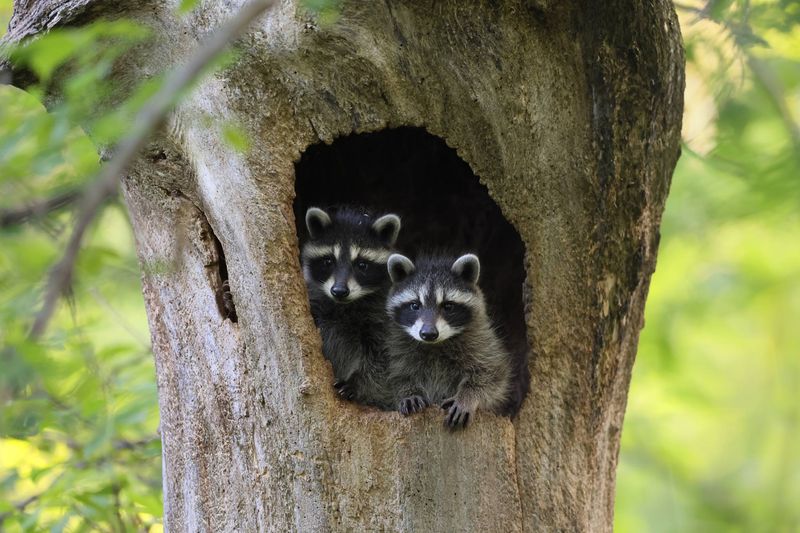
With raccoons handling some pest control naturally, you might need fewer chemical treatments in your yard. This creates a healthier environment for your family, pets, and beneficial insects like bees and butterflies.
Many Georgia gardeners report using fewer pesticides when working with nature rather than against it. The state’s delicate pollinator populations benefit greatly from these reduced chemical interventions.
13. Compost Management
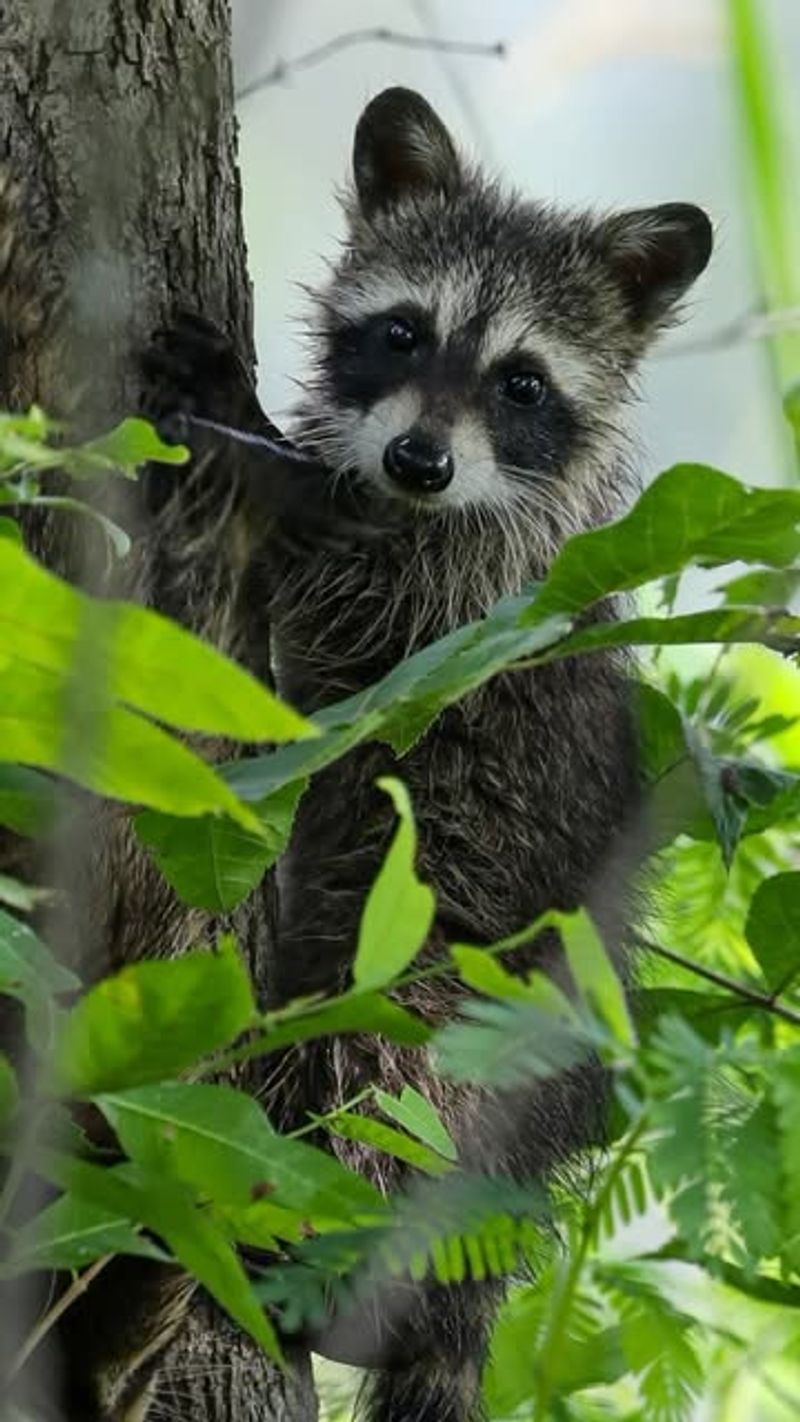
Raccoons turning your compost pile actually accelerate decomposition by aerating materials and introducing beneficial microbes through their visits. This natural stirring creates richer compost faster.
Georgia’s composting enthusiasts often notice improved soil amendment quality in bins that receive occasional raccoon attention. The state’s gardening community increasingly recognizes these unexpected compost helpers.
14. Historical Connection
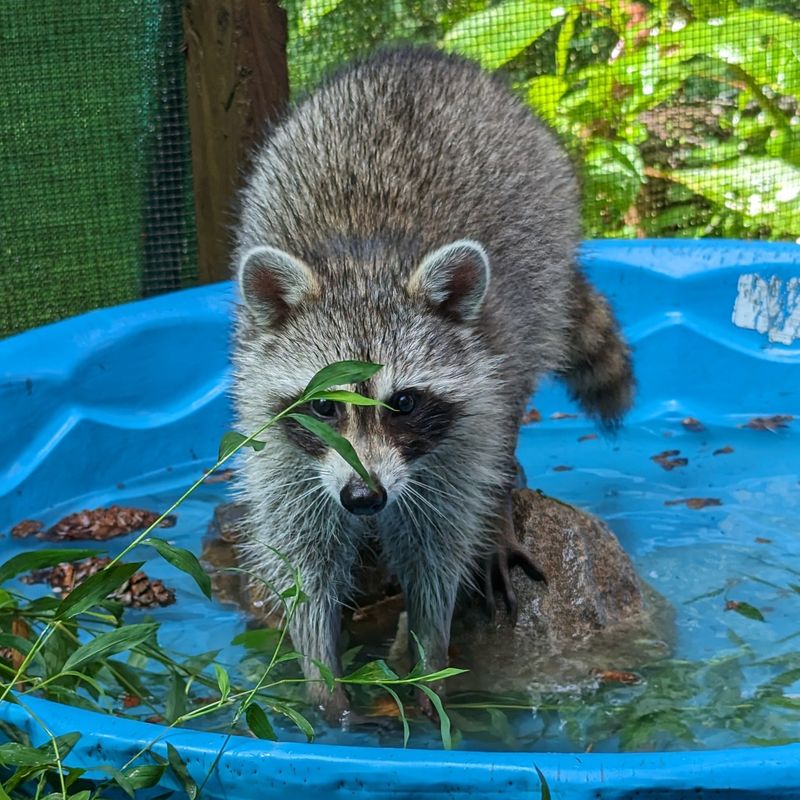
Raccoons have been part of Georgia’s ecosystem for thousands of years. Indigenous peoples respected these animals for their adaptability and resourcefulness, qualities reflected in traditional stories and art.
By coexisting with raccoons, you’re honoring Georgia’s natural heritage. Throughout the state’s history, these clever creatures have adapted alongside human development while maintaining their important ecological roles.
15. Humane Alternative
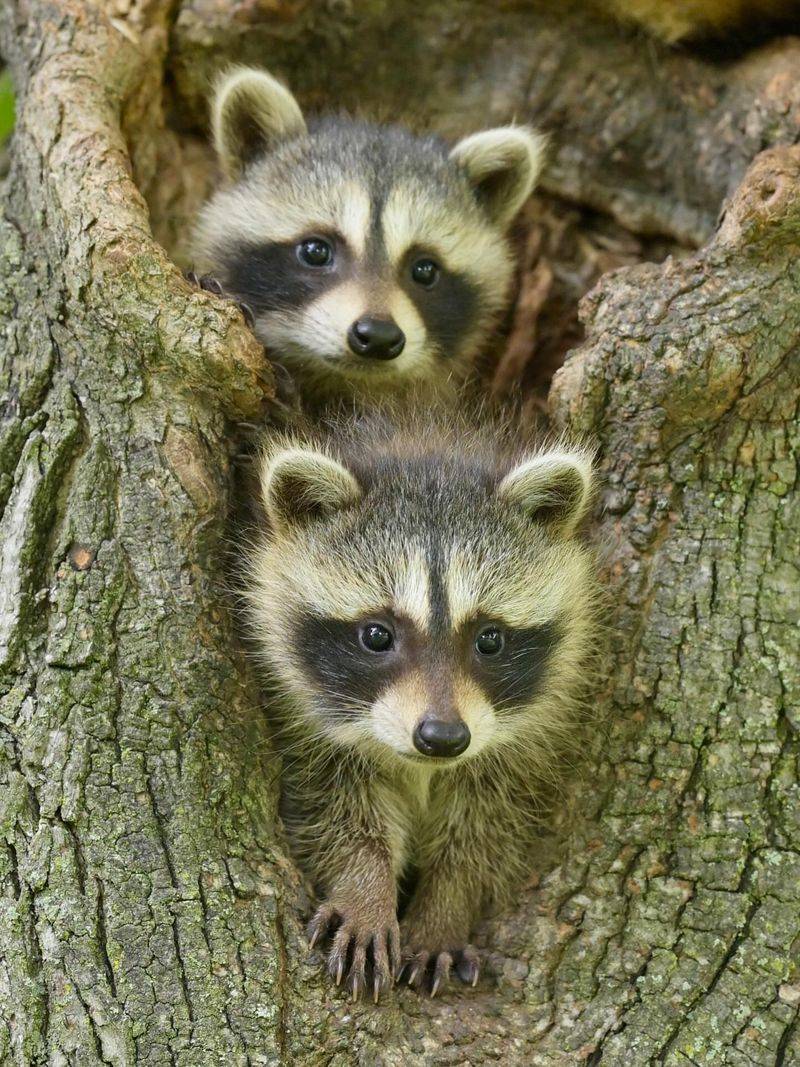
Relocating raccoons often separates families and can spread disease. Many relocated raccoons don’t survive in unfamiliar territory, making peaceful coexistence the more humane choice.
Georgia wildlife rehabilitators frequently deal with orphaned raccoon kits separated from mothers during removal attempts. Simple modifications to secure trash cans and pet food can help you live harmoniously with these Georgia natives.

